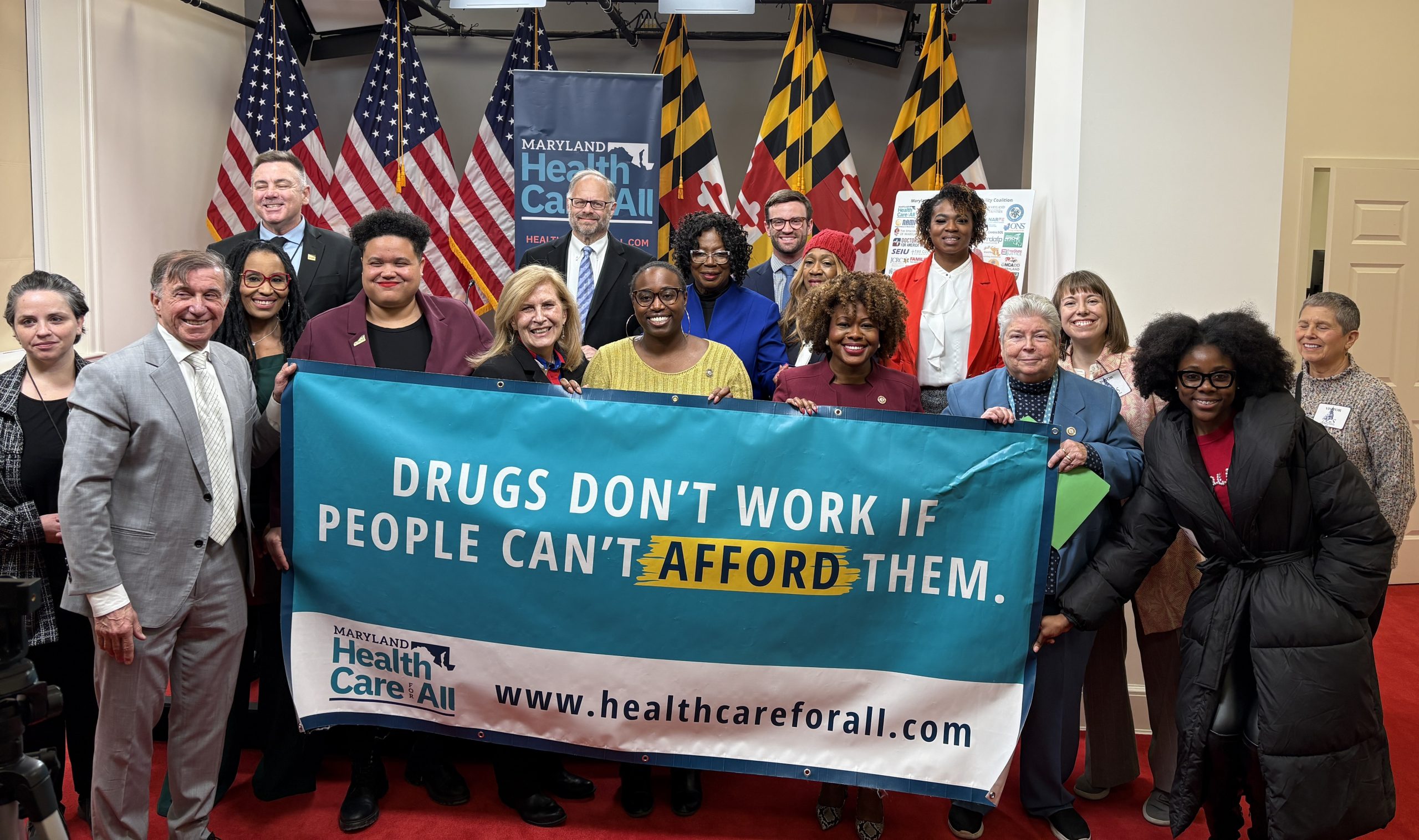Maryland Daily Record
May 4, 2017
Fraser Smith
In case you wondered why the General Assembly wanted to get a handle on drug prices:
- Price hike for the asthma drug albuterol: from $11 to $434 in six months, 4,014 percent;
- Price hike for naloxone, the overdose-stopping drug: from $690 to $4,500 in three years, 553
This snapshot helps to define the term price gouging.
Maybe you ask: “How do they get away with that?”
But, unless you are an asthma sufferer, the increased cost of albuterol may provoke nothing more than a slight gasp and a moment of outrage.
You probably have the same reaction to the price-hike numbers associated with naloxone – unless you have a relative vulnerable to death via opioid overdose.
Probably you think nothing can be done. Drug companies are powerful. They have friends in government – the U.S. Congress and state legislatures.
No state in the union has a law against price gouging in the drug market.
Until now.
If you are Attorney General Brian Frosh – and the Maryland General Assembly — you thought something could be done. And you’ve done it.
The bill, passed by substantial margins in both houses, applies to off-patent or generic drugs, 88 percent of drugs dispensed nationally.
Of 351 generic drugs studied by the Government Accountability Office, 22 percent increased prices 100 percent or greater. Of that sample, 48 increased prices by more than 500 percent and 12 by more than 1,000 percent.
Price gouging is defined as “excessive price increases resulting not from the increases in the cost of producing the drug but from a drug company’s exploitation of market power.”
Market power was somewhat loosely defined by one of the makers who, asked why he raised his price so dramatically, said, “Because I can.”
The law seeks to prevent “unconscionable” increases in drug prices. Unconscionable means excessive and unjustified, resulting in harm to consumers. “Harm” results when there is insufficient competition to ensure access to the drug.
Maryland would be the first state have such a law if Gov. Larry Hogan signs the Frosh bill – or even if he allows the bill to become law without his signature.
A poll by Opinion Works in Annapolis shows “overwhelming” support for the kind of law proposed by Frosh. Four out of five respondents “strongly” supported the controls – only 11 percent opposed them.
Seventy five percent of those sampled said they were very concerned or “somewhat” personally concerned about the increases.
So politically, wouldn’t signing the bill be a no brainer?
Apparently – Surprise! – there’s a political dimension to the decision.
Some Democrats hope the governor will not sign the bill – or, even better, veto it. They hunger and thirst after anything that suggests Hogan is not the moderate Republican he tries to be in 2-1 Democratic state.
With the governor’s rating among voters consistently high, Democrats need issues to erode his popularity as the next election approaches.
If he has the usual GOP concerns about regulations, he might be inclined to veto the bill on that basis. If he’s a doctrinaire Republican he might ignore the popular will and leave drug pricing to the marketplace.
That approach might be problematic since the market has had little moderating impact on drug pricing.
Many if not all of these drugs are important to large numbers of Marylanders. Asthma, for example, has many sufferers in Baltimore.
The overdose-stopping naloxone seems to become more important every day as Maryland struggles with the opioid scourge.
So, Democrats should stop cheering for a veto. It’s the wrong thing to do. And it probably has no impact on the governor’s decision. On the other hand, why hasn’t he acted affirmatively on a bill that virtually all of Maryland wants?
He could choose to a national leader – along with Brian Frosh.
We might call that bipartisan leadership.
Fraser Smith is a writer in Baltimore. His column appears Fridays in The Daily Record. He can be reached at smithfraser911@gmail.com.
Last modified: May 9, 2017


